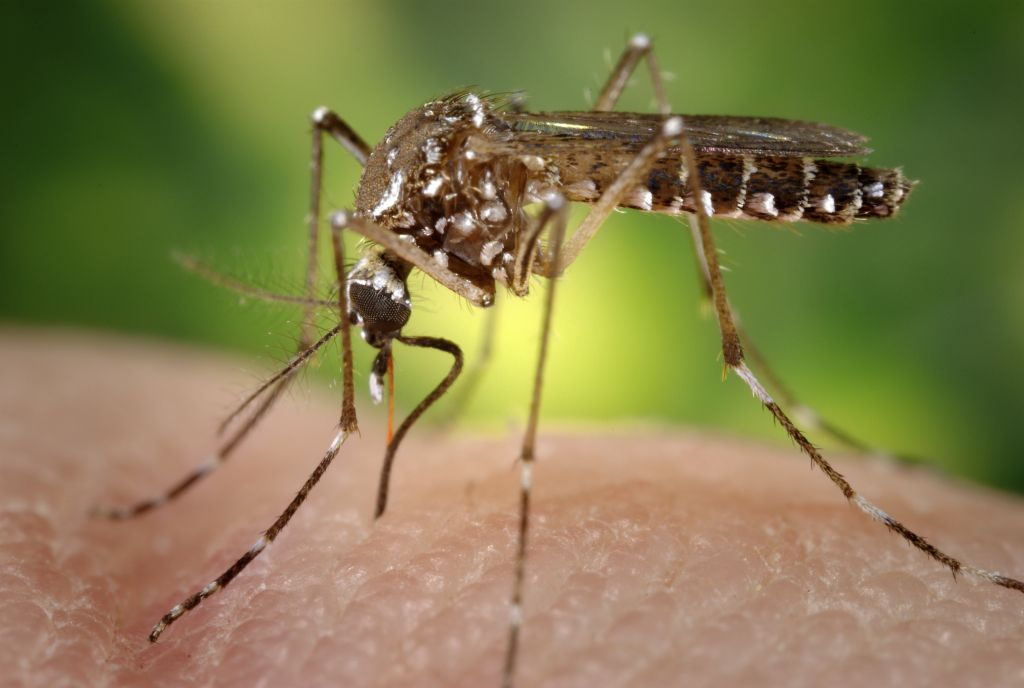Abstracts: Yellow Fever, Oil Sands Fires, and More
• The World Health Organization has convened an emergency committee to deal with the recent yellow fever outbreak in Angola, which it is calling a “global emergency.” (STAT)

As with Zika, the Aedes aegypti mosquito is a vector for yellow fever and other flaviviruses. (Visual by James Gathany/Flickr)
• The fires around Fort McMurray in Alberta, Canada are still burning — and so far they have cost $760 million in lost oil production. (BBC News)
• It’s not just animals that need sleep at night. According to a new study, trees also saw logs. (Atlas Obscura)
• L.A.’s food trucks might be popular, but when it comes to health safety, they miss the mark. (LA Times)
• Grave keepers must balance the preservation of tombstones with allowing them to show their age. (Nautilus)
• According to a new report, if antibiotic resistant “superbugs” aren’t dealt with, by 2050 they could cause 10 million deaths a year — that’s one every three seconds. (The Atlantic)
• In Europe, the recovery of the white-tailed eagle has been so successful that the once-endangered raptor now threatens other vulnerable species. (National Geographic)
• Less than 10 percent of people in India and China — the world’s two most populous countries — receive treatment for mental disorders. (New York Times)
• And finally, a look inside the secretive company that is trying to give computers an imagination. (MIT Tech Review)










